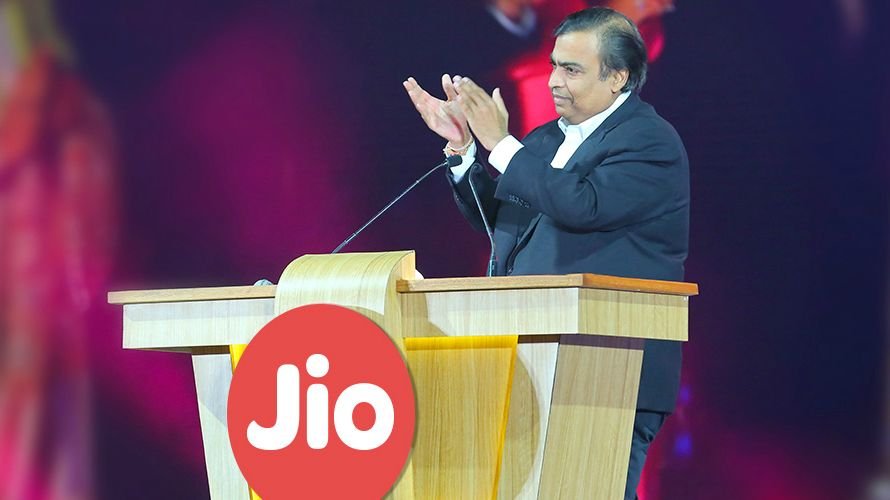Reliance Jio Investments

It all started on April 22, when India was at the height of its Covid-19 driven lockdown. A press release from Reliance Industries, the parent company of Reliance Jio dropped into the inbox of most journalists in India covering tech and telecom industries.
The release was for announcing social media giant Facebook picking up a 9.9% stake with Jio Platforms for a whopping investment of $5.3 billion (Rs 43,574 crore).
Indian-sounding name to do business with Jio Platforms.
It was staggering, to say the least.
From then on, there has been a steady stream of big-ticket tech investors pouring in money into Jio Platforms. In all, Facebook, Silver Lake, Vista, General Atlantic, KKR , Mubadala, Silver Lake again and ADIA have announced aggregate investments of around $13 billion (Rs 97,885.65 crore) into Jio Platforms for combined stake of around 20%.
But the list does not end here. Microsoft is apparently interested in Jio. Also, the Abu Dhabi-based sovereign fund manager is likely to put in $1 billion in Jio.
This begs the obvious question: Why is Jio Platforms so attractive to everyone even in these recession-filled times?
Jio’s growth and valuation
Jio Platforms, a wholly-owned digital assets subsidiary of Reliance Industries, is a technology platform focused on providing high-quality and affordable digital services across India, with more than 388 million subscribers.
Helmed by Asia’s richest person Mukesh Ambani, Jio Platforms has made significant investments across its digital ecosystem, powered by leading technologies spanning broadband connectivity, smart devices, cloud and edge computing, big data analytics, artificial intelligence, Internet of Things, augmented and mixed reality and blockchain.
Jio’s stated vision is to enable a ‘Digital India’ for 1.3 billion people and businesses across the country, including small merchants, micro-businesses and farmers.
Jio Platforms journey began as early as 2010 in the form of a company named Infotel Broadband Services Limited (ISBL), which splurged $2.7 billion to secure the all-India licence in the contentious broadband spectrum auction. But even then market rumours had it that ISBL was funded by Mukesh. In any case, Reliance Industries quickly moved in and picked a 95% stake in it.
In 2013, ISBL formally changed its name to Jio Platforms, which operates Reliance Jio Infocomm Limited as a wholly-owned subsidiary.
Jio, a game changer
Once Mukesh stepped in, the Indian telecom industry ceased to be the same again. His company’s aggressive ways has virtually revolutionized India’s digital consumption. Jio phone and data services launched in 2106 — simply referred to as Jio — has turned the market upside down with its disruptive ways. It is said that in the last ten years, half a billion Indians came online for the first time, and this in a major part credited to Jio’s arrival on the scene.
Jio offered free calls and data services at impossibly cheap rates, and this has more or less pushed the competition to the margins. Mukesh, of course, pumped in $33 billion to construct a nationwide 4G broadband service network.
Along with offering its 4G LTE network at cut-throat prices, Jio also tied up with mobile handset companies like Lyf and offered a package of handset and call and data connection at rates that there were impossible to match by the competition.
In less than four years, Jio has amassed a subscriber base of over 388 millions. This white-hot aggressio has made the competitors run for cover. Mukesh’s own brother Anil Ambani’s Reliance Communications had to exit the market altogether. Vodafone and I
Be the first to write a comment.


